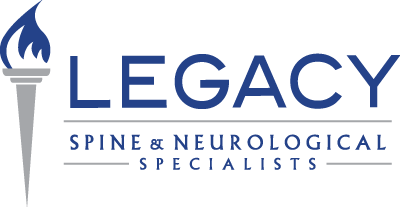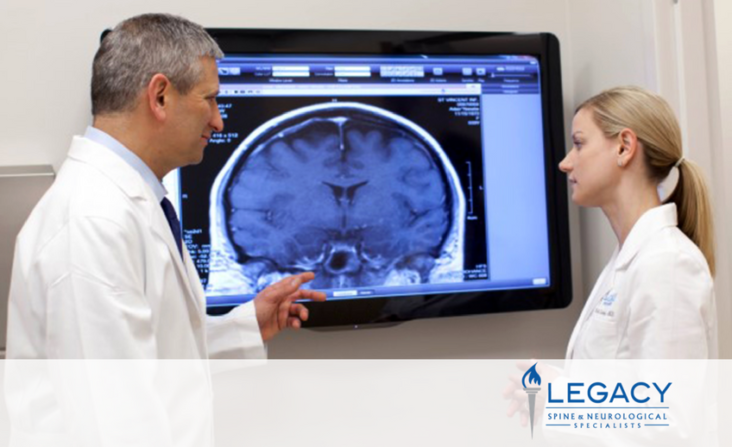For most, November marks the month of temperatures dropping, football-related blood pressures rising, and turkey-induced napping. But for others it’s a month to rally behind those living with epilepsy. For National Epilepsy Awareness Month, we want to educate all our readers and patients on what epilepsy is and what the treatment options are.
Definition of Epilepsy:
Epilepsy is a neurological, chronic disorder that causes sudden, recurrent seizures, sometimes followed by a loss of consciousness, and caused by abnormal electrical activity. The disorder can be genetic, or may be a result of a brain injury, such as a stroke.
Symptoms of Epilepsy:
Each person living with this disorder will experience different kinds of seizures depending on their diagnoses. The abnormal electrical activity can occur in varying parts of the brain, which will affect the type of seizure an epileptic patient will have. A partial seizure indicates that the activity is taking place in one section of the brain. A simple partial seizure is one where the patient remains conscious during the seizure and is still aware of what’s going on around himself. A complex partial seizure is one where the consciousness is impaired so that memory of the seizure is not likely, or if so, it is fuzzy. Generalized and secondary generalized seizures encompass both halves of the brain and a patient’s consciousness is lost during both types of seizures.
Other symptoms beyond seizures are rare but can include: recurrent loss of balance, repetitive blinking and chewing, and feelings of panic and fear with no stimuli.
Treatment of Epilepsy:
Over 200,000 new cases of epilepsy crop up each year in the United States. It cannot be cured, but treatment is proven to help epileptic patients live a better quality of life. Depending on the diagnosis, our neurologists might recommend seizure-preventing drugs, surgery, nerve stimulation, or dietary changes.
Legacy Neurology practices a comprehensive and conservative approach to patient care and will treat each patient as family. Learn more about our neurology department here.

